Stay up to date and informed with our regularly updated blog. If you have any questions or can’t find the information you’re looking for, don’t hesitate to get in touch with us today.

Recent News and updates
Book a check-up- Home
- Patient Centre
- Blogs
Explore our Blogs
Family Dentist West End
Browse our Posts

Dental anxiety in Brisbane affects many people, especially when oral pain is unclear or unpredictable. Not knowing what a symptom means can make simple concerns…

Dental anxiety affects millions of people, often keeping them from receiving the care they need. At My Dental Care @ West End, we understand the…
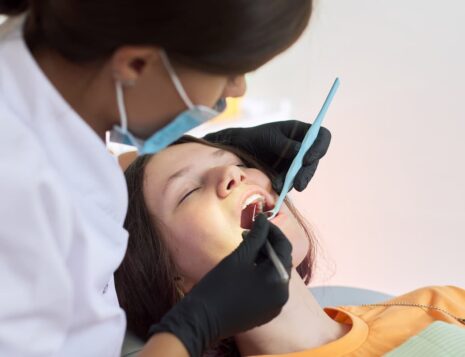
Dental anxiety affects many of us, causing delays or avoidance of essential dental care. At My Dental Care @ West End, we understand these concerns…
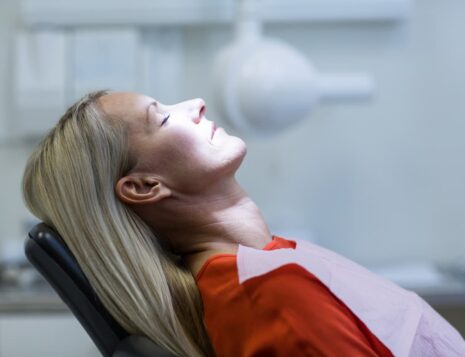
If the thought of sitting in the dentist’s chair makes your heart race, you’re not alone. Dental anxiety affects millions of people and is often…
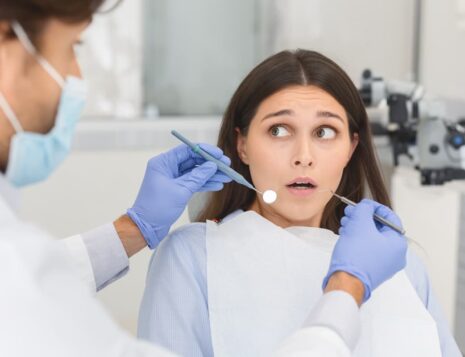
Visiting the dentist can stir up intense nerves for many people—racing thoughts, sweaty palms, and even sleepless nights before an appointment. If dental anxiety has…

It’s completely normal to feel uneasy about going to the dentist. For some, dental anxiety can be so strong that it stops them from booking…
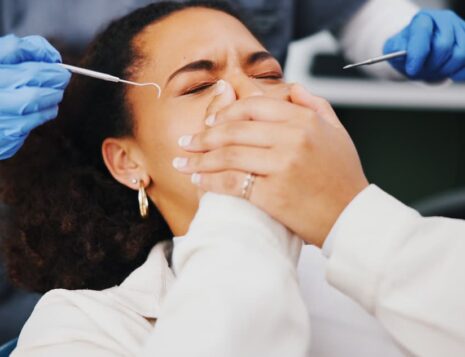
Dental anxiety is a genuine and often underestimated concern that affects people across all age groups. For many individuals, visiting the dentist can be a…
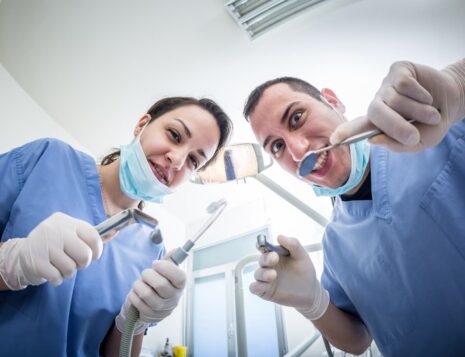
It’s more common than you think—many adults and children experience dental anxiety to some degree. For some, it’s a mild unease before a check-up. For…

Understanding Dental Anxiety For many, the thought of visiting the dentist can cause feelings of anxiety or fear. Whether it’s the sound of the tools,…

Make an Enquiry with My Dental Care @ West End
Please fill in the online enquiry form to ask a question or book an appointment. We look forward to seeing you soon.





